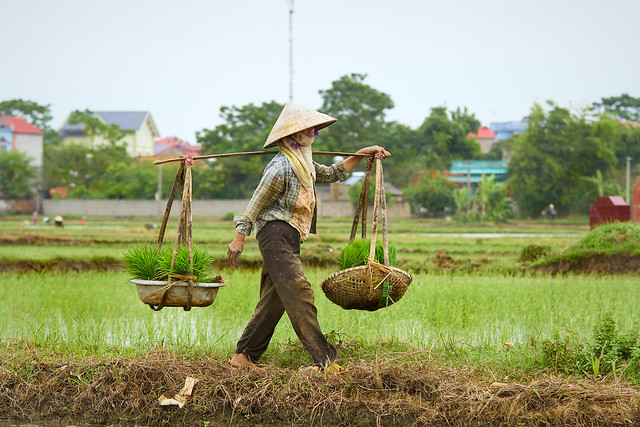Words for size, amount, quantity and related things in Celtic languages.

Words marked with a * are reconstructions.
| Proto-Celtic | *mantī = size, quantity |
|---|---|
| Old Irish (Goídelc) | méit [mʲeːdʲ] = amount, extent, greatness, quantity |
| Middle Irish (Gaoidhealg) | méit, mét = greatness, magnitude méite, méte, méide = size, amount, extent |
| Irish (Gaeilge) | méid [mʲeːdʲ] = amount, quantity, extent, degree, number; size, magnitude ainmhéid = hugeness, overgrowth cóimhéid = equal size or amount gearrmhéid = fair size gháthmhéid = ordinary, average, size lánmhéid = full size meánmhéid = medium size ollméid = great, size, hugeness, immensity méadaigh = to increase, multiply, enlarge, augment méadail = paunch, stomach méadaíocht = grown state, increase, growth, self-importance, friendship |
| Scottish Gaelic (Gàidhlig) | meud [miad] = size, largeness, amount, quantity, dimension meudmhor = ample, sizeable meudachd = dimension, bulk, greatness, magnitude, size, scale meudachadh = increasing, expanding, augmenting meudaichte = increased, expanded, augmented làn-mheud = full size mòr-mheud = great size ro-mheud = excessive size / amount |
| Manx (Gaelg) | mooad = amount, quantity mooadys = amount, amplitude, augmentation, capacity, dimension mooadagh = bulky, expansionist, large, sizeable mooadaghey = aggravation, amplify, augment, develop, developing, enlarge mooad-vaghteyr = quantity surveyor |
| Proto-Brythonic | *mėnt = vain (?) |
| Middle Welsh (Kymraec) | meint, meynt, mint = size, stature, amount kymeint, kemeint, cymain = as great, as large, as big meintholy, meynholy, meintoli = to specify an amount, measure |
| Welsh (Cymraeg) | maint [mai̯nt] = size, dimension, magnitude, stature, amount, sum, number, quantity, the whole, all, as many, such maintiol(i)aeth = size, dimension, measure, quantity cymaint = as great, as large, as big, as many, as much (pa) faint? = how many? how many? meintiol = quantitative mein(ti)olaf, meint(i)oli = to specify an amount, measure, quantify, value meint(i)oliad = quantification |
| Middle Cornish (Cernewec) | mens, mŷns = magnitude, greatness, quantity |
| Cornish (Kernewek) | myns, mens = amount, quantity, as many as mynsek, mensek = considerable, sizeable mynsonieth, mensonieth = geometry |
| Old Breton | ment, mint = |
| Middle Breton (Brezonec) | ment, mænt, men = size, dimension |
| Breton (Brezhoneg) | ment [ˈmɛnt/ˈmẽnt] = size, dimension, measure, format mentad = measure mentadañ = to measure, format mentadur = quantification mentel [ˈmẽntɛl] = dimensional, quantitative |
Words marked with a * are reconstructions.
Etymology: from Proto-Indo-European *mh₁-nt-, from *meh₁- (to measure) [source].
Words from the same PIE roots include immense, meal, measure, meter / metre, metronome and probably moon and month in English, vermaren (to make famous) and maal (meal, time, turn) in Dutch, and mærð (flattery, praise) in Icelandic [source].
Sources: Wiktionary, Am Faclair Beag, Online Manx Dictionary, Teanglann.ie, eDIL – Electronic Dictionary of the Irish Language, In Dúil Bélrai English – Old Irish glossary, Geiriadur Prifysgol Cymru, Gerlyver Kernewek, Gerlyvyr Cernewec, Lexicon Cornu-britannicum: A Dictionary of the Ancient Celtic Language of Cornwall, Dictionaire Favereau, TermOfis, Le dictionnaire diachronique du breton, Geriafurch, English – ProtoCeltic WordList (PDF), Etymological Dictionary Of Proto Celtic










